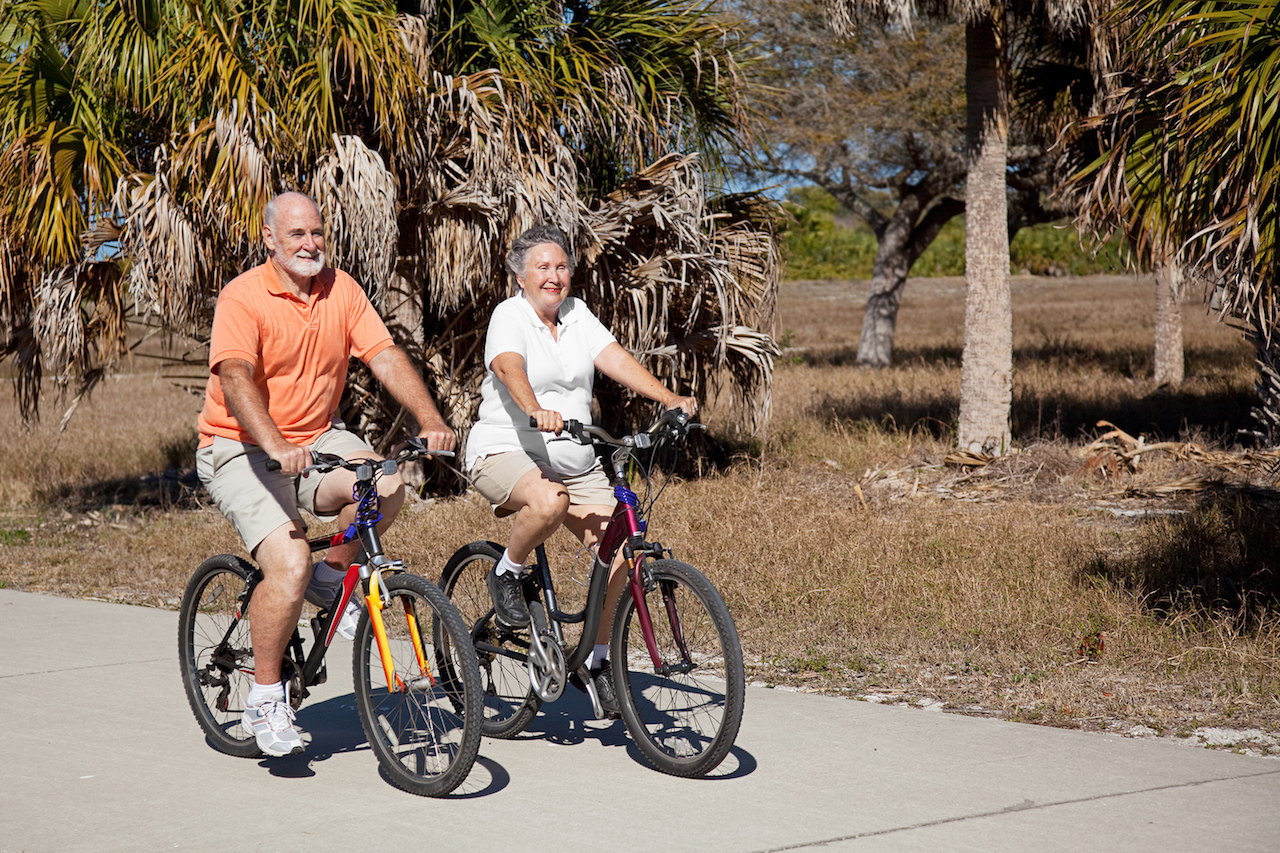The Black Dog Institute is challenging Australians to complete at least one hour of physical activity a week to help improve their physical and mental health as part of ‘Exercise Your Mood’ week, from 30 April – 6 May 2018.
The campaign follows a recent study led by the Black Dog Institute which found that even a small amount of physical activity – as little as one hour each week – may be able to protect against depression, regardless of age, gender or current fitness level.
“The current exercise habits of many Australians are concerning,” says Associate Professor Sam Harvey from Black Dog Institute, who led the research. “In Australia, we still have many people suffering from depression, but there is a lot of exciting research that is beginning to tell us how we may be able to reduce the amount of depression in our communities. Our study shows that encouraging people to take on just a small amount of exercise each week could have a significant impact on depression rates more broadly.”
Black Dog Institute Ambassador Michelle Bridges agreed, saying, “I’ve seen first-hand the positive impact exercise can have on a person’s mental health, which is why I’m so passionate about getting people moving. And we’re not talking running marathons or climbing Everest here – just adding in a little bit of extra activity can really make a big difference.”
According to the Australian Health Survey[1], 20 percent of Australian adults do not undertake any regular physical activity, and more than a third spend less than 1.5 hours per week being physically active. This same survey also showed that around one million Australians are living with depression, with one in five Australians aged 16-85 experiencing a mental illness in any year.
Associate Professor Harvey’s latest research[2], which monitored almost 34,000 adults over a period of 11 years, found that 12 percent of cases of depression may have been prevented if participants undertook just one hour of physical activity each week. It also found that people who reported doing no exercise at all had a 44 percent increased risk of developing depression compared to those who were exercising one to two hours each week.
Key Findings:
Undertaking regular leisure-time exercise was associated with reduced incidence of future depression
12 percent of depression diagnoses may have been prevented with one hour of exercise per week
Study participants who reported doing no exercise at all had a 44 percent increased chance of developing depression
The exact link between exercise and mental health is still unknown, but the social and physical health benefits of exercise are thought to be protective factors
Relatively modest changes in population levels of exercise may have important public health benefits by preventing future depression diagnoses.
“These findings are exciting because they show that modest amounts of exercise – from just one hour per week at any intensity – may be able to deliver protection against depression,” said Associate Professor Harvey.
“This is a really small change that people can easily incorporate into their lives that can have an enormous benefit to their mental health.”
Sydney local Amy Hargrave [23], who has experienced anxiety since she was a young child, uses exercise to help manage her mental health.
“Exercise helps me to manage stress and anxiety. I really notice if I don’t do some sort of physical activity during the week, my headspace starts to feel really negative,” she said. “I find that even getting out and doing physical activity once or twice a week is enough.”
Michelle Bridges says people just need to take the first step and make exercise manageable.
“Finding the motivation to get started can be the hardest part, but simply adding in a few minutes of activity each day can be all it takes to get moving longterm. It doesn’t need to be high intensity to benefit your mental health; even a quick walk can help.
“Keeping fit is part of my job, but I also use exercise to de-stress and unwind – it helps me to feel better prepared to tackle the challenges of a busy modern life. One hour a week is not much to ask – we spend more time than that flicking through channels trying to find something to watch on TV! So, what’s your hour a week?”



































